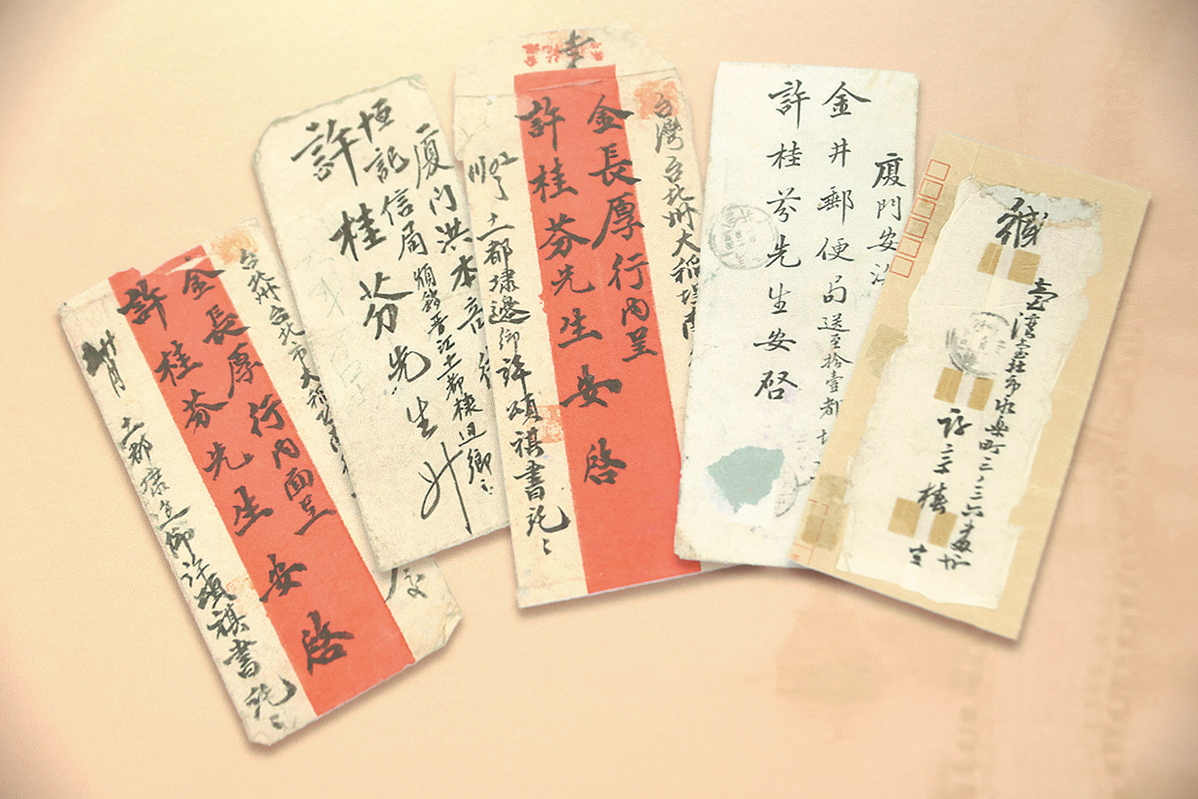Letters correspond to bonds across Strait
Handwritten notes rekindle memories of kinship ties


Correspondence and exchanges between the two sides reached an unprecedented level after 1987, when the Taiwan authorities allowed residents to visit the mainland to see relatives, according to Zhang Xiao, a researcher at the museum.
Xu Bo, 70, said that his father, originally from Taiwan, was unable to return because of his political status. "With some family members on the mainland and others in Taiwan, they lost contact for nearly 30 years," he said.
Though the address of their hometown was etched in their hearts, they could not write letters due to restrictions on cross-Strait communication.
"Finally, in 1987, Taiwan allowed visits to relatives on the mainland and later permitted indirect communication. After being away for 40 years, my father sent his first letter home. It took two weeks to reach my grandmother in Taiwan," he said.
"The charm of a family letter lies in its power as a call of affection, a call of one's hometown, a call of the motherland. That is what a family letter truly is," researcher Zhang said.
Zhang Ding, deputy director of the Museum of Family Letters at Renmin University of China, said letters across the Strait are historical witnesses to the long-standing exchanges between people on both sides. "They reflect our shared cultural roots, national spirit, and traditional virtues," he said.
lishangyi@chinadaily.com.cn
























